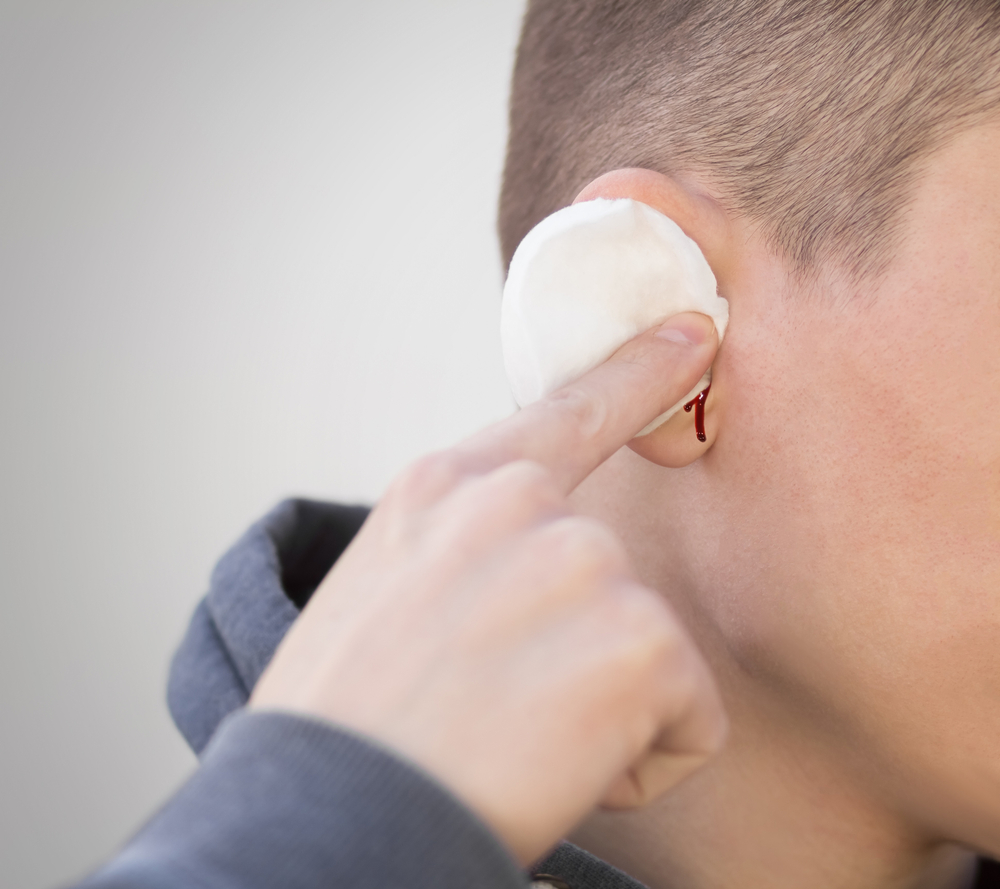Hearing loss can be pretty easy to ignore–up to a certain point, anyway. There’s usually no pain or discomfort associated with symptoms. And you may not even notice when certain voices or consonant combinations start to get a little quiet. So it’s all too easy to turn the volume up on your electronics and continue about your life as though everything is entirely normal.
But that’s not exactly smart. There are significant risks when it comes to ignoring your hearing loss symptoms. Yes, obviously, there’s a big chance your hearing will get worse. But untreated hearing loss can also have a negative impact on your health and wellbeing that extends far beyond your ears.
Your hearing will grow worse
Hearing loss can develop for any number of reasons. In younger individuals, it’s often due to a congenital or medical condition. As you get older, the risks of noise-induced hearing loss increase, especially if you aren’t actively protecting your ears (we live in a noisy world).
Whatever the reason for your hearing loss, treatment can introduce several mechanisms that prevent your hearing from deteriorating further.
On the other hand, if you ignore your hearing loss–and, therefore, if you don’t get treatment–you run the risk that your hearing will become significantly worse. One study looked at children in particular and noted that, without treatment, hearing acuity dropped significantly over time. This is true whether you’re 5 or 50 years old.
A complicated set of factors
This makes hearing loss a progressive ailment, in that it will grow worse over time. Treatment can arrest this progression, but it’s not necessarily as simple as hearing aids preventing damage to your ears. The factors at work are a little more complicated. For example:
- Change your behavior: Acknowledging your hearing loss (or getting an accurate assessment of your hearing ailment from a specialist) can encourage you to change certain behaviors. Maybe you turn the volume down on your headphones during your workout. Or perhaps you stop going to loud concerts (at least without also wearing earplugs).
- Keep volume low around you: Wearing hearing aids can help prevent further damage to your ears by giving you the chance to keep the volume low on devices, media, and conversations around you. Rather than someone shouting into your ear, you can have conversations at normal volumes. And that can help prevent more damage to the stereocilia in your ears in the long run.
- Identify contributing factors: The more you know about your hearing loss, the better notion you’ll have about what is contributing to that impairment. You’ll know which wavelengths are particularly affected and how to change your habits and behaviors accordingly.
- Guidance and direction: When you get your ears checked by a hearing specialist, you’ll also benefit from the professional guidance your specialist will be able to pass on. If you have questions about how to care for your ears or preserve your hearing abilities, a hearing specialist will be able to write up individualized treatment plans.
So it’s not a simple, straight line from hearing aids to better hearing (though the devices themselves certainly help). Or, put another way, a holistic approach to treatment can help prevent further damage to the largest degree possible.
Worse hearing is not the only consequence
Of course, if a steady progression of hearing loss were the only consequence of ignoring symptoms, there would still be plenty of people who put off a trip to the hearing specialist for one more year.
But that’s not the only way things can go wrong. Untreated hearing loss has been linked to depression, anxiety, and even an increased risk for dementia. Again, there are complicated variables contributing to all of these risk factors, so the relationship isn’t exactly straight-forward or linear.
But what we know is that getting treatment for your hearing loss can often minimize risks of anxiety, depression, and other mental health issues.
You can’t treat what you ignore
Many hearing problems are treatable, even if there is no complete cure. But you can’t treat what you ignore. So when you don’t acknowledge the red flags or symptoms you’re experiencing, you could be doing significant damage to your health–to your ears and beyond.
The solution, then, is to take stock of your hearing, visit a specialist, and get the treatment you need. Ignoring your hearing loss shouldn’t be an option.



